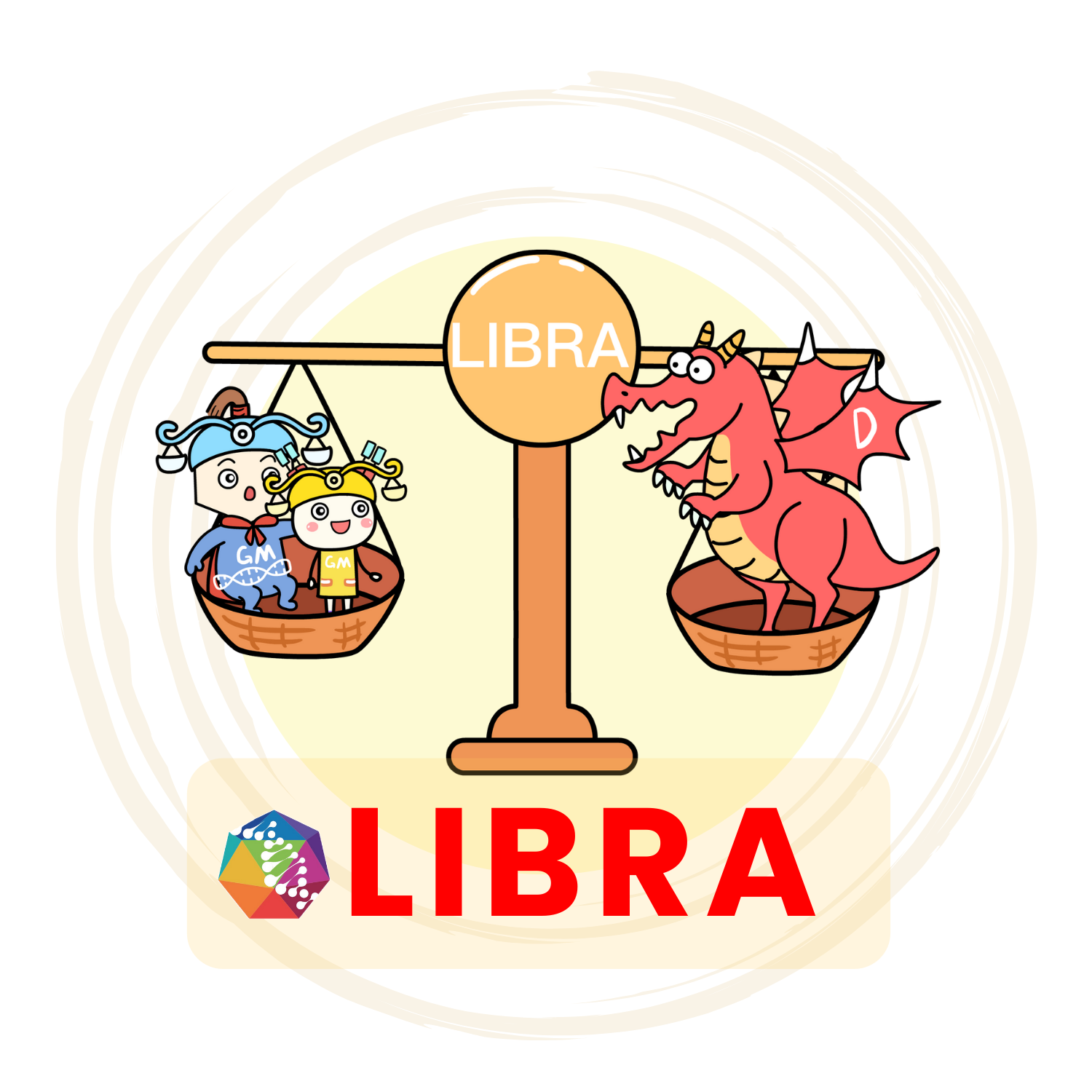Anti-FMO3 monoclonal antibody
Pre-made anti-FMO3 monoclonal antibody(mab)-benchmark antibody for ELISA, affinity binding assay, drug discovery and mechanism of action (MOA) research
 Go to FMO3/FMO3 products collection >>
Go to FMO3/FMO3 products collection >>
(antibodies, antigen, VLP, mRNA, ORF viral vector, etc)
Product information
| Catalog No. | Product Name | Species Reactivity |
|---|---|---|
| GM-Tg-hg-IP0854-Ab-1/ GM-Tg-hg-IP0854-Ab-2 | Anti-Human FMO3 monoclonal antibody | Human |
| GM-Tg-rg-IP0854-Ab-1/ GM-Tg-rg-IP0854-Ab-2 | Anti-Rat FMO3 monoclonal antibody | Rat |
| GM-Tg-mg-IP0854-Ab-1/ GM-Tg-mg-IP0854-Ab-2 | Anti-Mouse FMO3 monoclonal antibody | Mouse |
| GM-Tg-cynog-IP0854-Ab-1/ GM-Tg-cynog-IP0854-Ab-2 | Anti-Cynomolgus/ Rhesus macaque FMO3 monoclonal antibody | Cynomolgus/ Rhesus macaque |
| GM-Tg-felg-IP0854-Ab-1/ GM-Tg-felg-IP0854-Ab-2 | Anti-Feline FMO3 monoclonal antibody | Feline |
| GM-Tg-cang-IP0854-Ab-1/ GM-Tg-cang-IP0854-Ab-2 | Anti-Canine FMO3 monoclonal antibody | Canine |
| GM-Tg-bovg-IP0854-Ab-1/ GM-Tg-bovg-IP0854-Ab-2 | Anti-Bovine FMO3 monoclonal antibody | Bovine |
| GM-Tg-equg-IP0854-Ab-1/ GM-Tg-equg-IP0854-Ab-2 | Anti-Equine FMO3 monoclonal antibody | Equine |
Size: 1mg | 10mg | 100mg
Product Description
| Catalog No. | GM-Tg-hg-IP0854-Ab-1/ GM-Tg-hg-IP0854-Ab-2; GM-Tg-rg-IP0854-Ab-1/ GM-Tg-rg-IP0854-Ab-2; GM-Tg-mg-IP0854-Ab-1/ GM-Tg-mg-IP0854-Ab-2; GM-Tg-cynog-IP0854-Ab-1/ GM-Tg-cynog-IP0854-Ab-2; GM-Tg-felg-IP0854-Ab-1/ GM-Tg-felg-IP0854-Ab-2; GM-Tg-cang-IP0854-Ab-1/ GM-Tg-cang-IP0854-Ab-2; GM-Tg-bovg-IP0854-Ab-1/ GM-Tg-bovg-IP0854-Ab-2; GM-Tg-equg-IP0854-Ab-1/ GM-Tg-equg-IP0854-Ab-2 |
| Products Name | Anti-FMO3 monoclonal antibody |
| Format | mab |
| Target Name | FMO3 |
| Protein Sub-location | Introcelluar Protein |
| Category of antibody | |
| Derivation (species) | Mouse |
| CH1+2+3 Isotype (Receptor identification) | IgG |
| Type of Light Chain (VD-LC) | N/A |
| Expression platform | Mammalian Expression |
| Bioactivity validation | Binding affinity is validated by ELISA with recombinant soluble protein antigen. The potency in neutralizing, inhibiting or blocking of the target protein is not detected. |
| Tag | Fc |
| Products description | Pre-made anti-FMO3 monoclonal antibody(mab) is expressed by mammalian cell line as a benchmark antibody for cell culture, ELISA or other affinity binding assay or functional assay development, animal model development, PK/PD model development (Pharmacokinetics & Pharmacodynamic) |
| Purity | Purity: ≥95% (SDS-PAGE) |
| Application | Biological drug disovery including cell culture, assay development, animal model development, PK/PD model development (Pharmacokinetics & Pharmacodynamic) and mechanism of action (MOA) research. |
| Formulation & Reconstitution | Lyophilized from GM's Protein Stability Buffer2 (PSB2,Confidential Ingredients) or PBS (pH7.4); For PSB2, reconstituted with 0.9% sodium chloride; For PBS, reconstituted with ddH2O. |
| Storage | Store at -20℃ to -80℃ under sterile conditions. Avoid repeated freeze-thaw cycles. |
Reference
Data / case study
Click to get more Data / Case study about the product.
Associated products
| Category | Cat No. | Products Name |
| Target Antigen | GM-Tg-g-IP0854-Ag-1 | Recombinant multi-species FMO3/ FMOII/ ™AU protein |
| ORF Viral Vector | pGMLPm002698 | mouse Fmo3 Lentivirus plasmid |
| ORF Viral Vector | vGMLPm002698 | mouse Fmo3 Lentivirus particle |
Target information
| Target ID | GM-IP0854 |
| Target Name | FMO3 |
| Gene ID | 2328,14262,84493,574244,403603,101089484,281167,100052022 |
| Gene Symbol and Synonyms | dJ127D3.1,FM03,FMO3,FMOII,™AU |
| Uniprot Accession | P31513,Q9EQ76,Q8SPQ7,Q95LA1,Q8HYJ9 |
| Uniprot Entry Name | FMO3_HUMAN,FMO3_MACMU,FMO3_RAT,FMO3_CANLF,FMO3_BOVIN |
| Protein Sub-location | Introcelluar Protein |
| Category | |
| Disease | N/A |
| Gene Ensembl | ENSG00000007933 |
| Target Classification | N/A |
The target: FMO3, gene name: FMO3, also named as FMOII, ™AU, dJ127D3.1. Flavin-containing monooxygenases (FMO) are an important class of drug-metabolizing enzymes that catalyze the NADPH-dependent oxygenation of various nitrogen-,sulfur-, and phosphorous-containing xenobiotics such as therapeutic drugs, dietary compounds, pesticides, and other foreign compounds. The human FMO gene family is composed of 5 genes and multiple pseudogenes. FMO members have distinct developmental- and tissue-specific expression patterns. The expression of this FMO3 gene, the major FMO expressed in adult liver, can vary up to 20-fold between individuals. This inter-individual variation in FMO3 expression levels is likely to have significant effects on the rate at which xenobiotics are metabolised and, therefore, is of considerable interest to the pharmaceutical industry. This transmembrane protein localizes to the endoplasmic reticulum of many tissues. Alternative splicing of this gene results in multiple transcript variants encoding different isoforms. Mutations in this gene cause the disorder trimethylaminuria (™Au) which is characterized by the accumulation and excretion of unmetabolized trimethylamine and a distinctive body odor. In healthy individuals, trimethylamine is primarily converted to the non odorous trimethylamine N-oxide.[provided by RefSeq, Jan 2016].
About Gmab


GMab, developed by GeneMedi, constitutes an advanced library of recombinant monoclonal antibodies, each meticulously designed to target specific molecular entities. Leveraging the sophisticated capabilities of GM’s Taurus™ and LIBRA™ platforms, GMab synthesizes antibodies characterized by high binding affinity, exceptional physicochemical stability, and optimal developability profiles.
Through expression in mammalian cell lines, GMab has been established as a paradigmatic reference antibody. It holds significance in myriad domains of biological drug discovery, encompassing cellular cultivation, innovative assay methodologies, strategic animal model systematization, in-depth pharmacokinetic & pharmacodynamic (PK/PD) modeling, and intricate mechanism of action (MOA) investigations.






